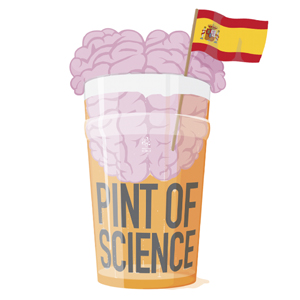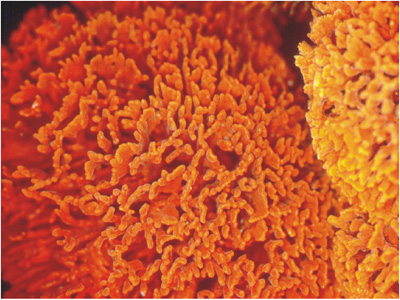“Peru-sing” collaboration opportunities in South America
 IBEC Director Josep Samitier was visiting Peru last week as part of a delegation of representatives from Severo Ochoa and Maria de Maeztu research centres in Spain.
IBEC Director Josep Samitier was visiting Peru last week as part of a delegation of representatives from Severo Ochoa and Maria de Maeztu research centres in Spain.
The visit to Lima, organised by MINECO, which bestows the two types of Excellence awards, aimed to bring together the top Spanish institutions with those of the Pacific Alliance – Chile, Colombia, Mexico and Peru.
Each of the eight Spanish centres presented their research and international strategies, and they had the chance to hear about the same from Pacific Alliance centers, as well as identifying potential synergies.

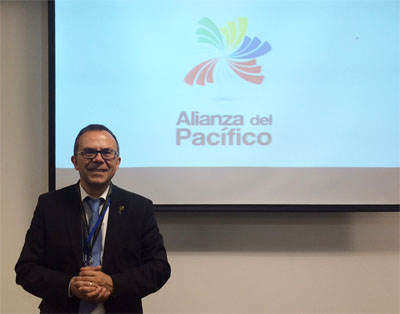
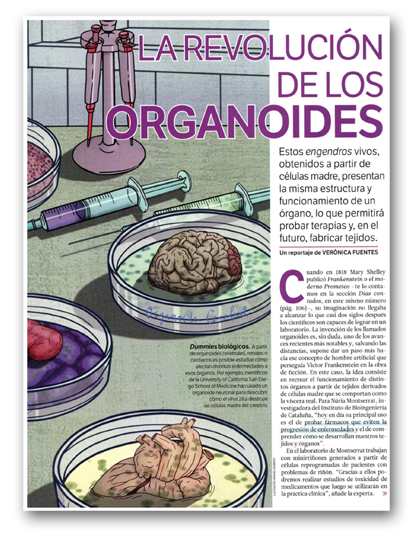



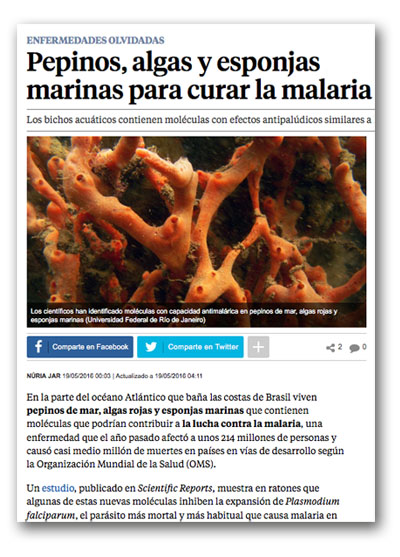
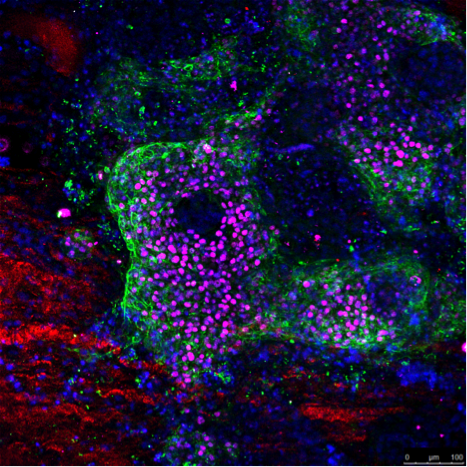
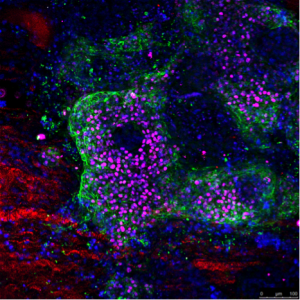 Scientists from IBEC, in collaboration with the Hospital General Universitario Gregorio Marañón in Spain and two other groups in the USA, have made a big leap in heart regeneration advances by achieving heart grafts from human pluripotent stem cells for the first time in less than one month.
Scientists from IBEC, in collaboration with the Hospital General Universitario Gregorio Marañón in Spain and two other groups in the USA, have made a big leap in heart regeneration advances by achieving heart grafts from human pluripotent stem cells for the first time in less than one month.